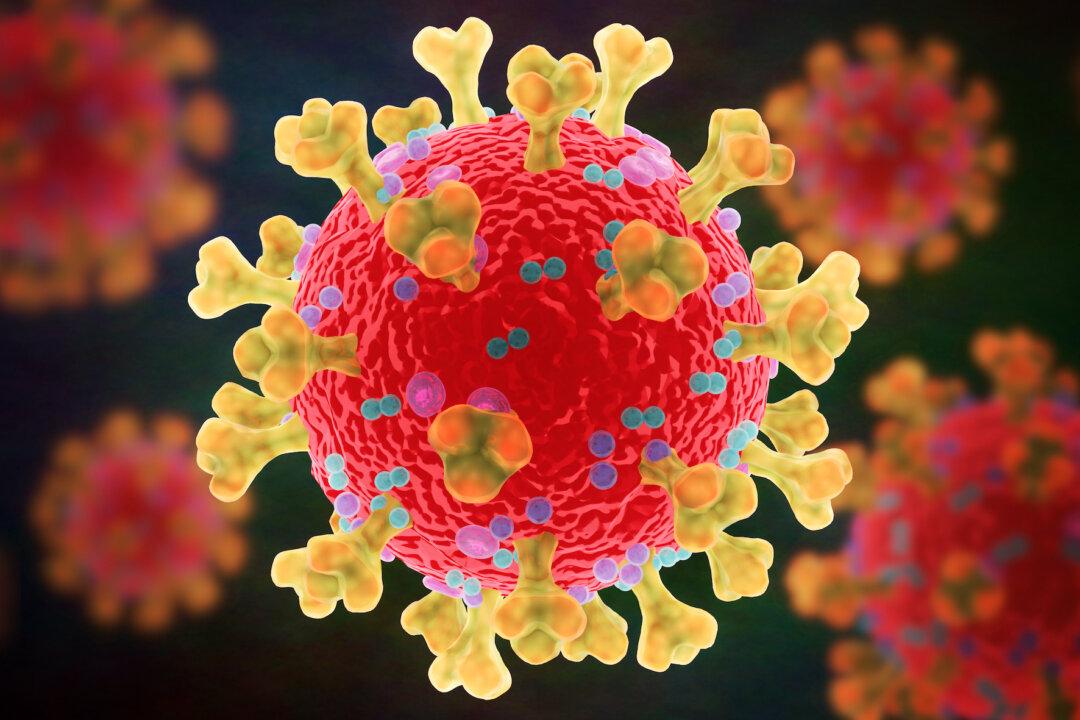Australian and U.S. scientists are collaborating to develop a safe and effective vaccine against African swine fever, which is wreaking havoc on the world’s pig industries.
The government’s science and research organisation, CSRIO, and U.S. science firm MBF Therapeutics will study how pigs’ immune systems react to their novel vaccine candidate.





